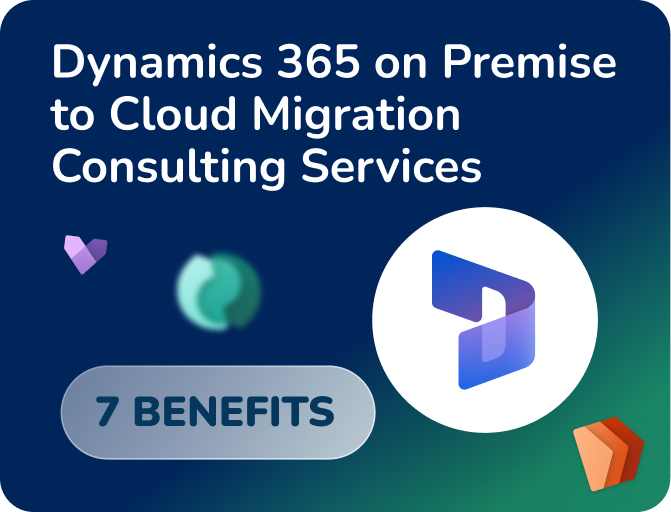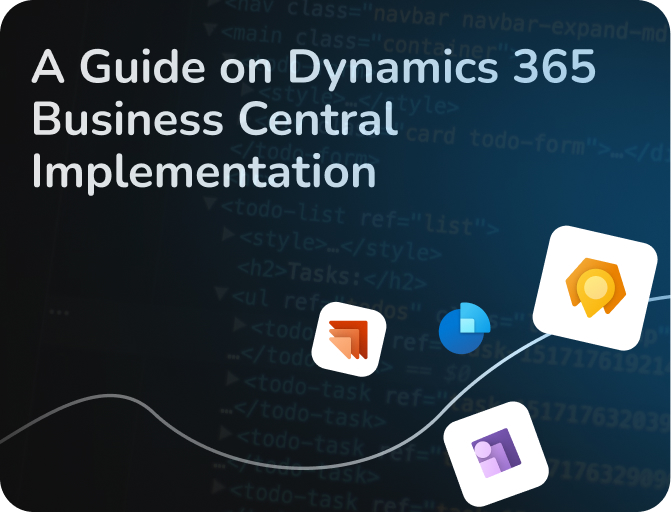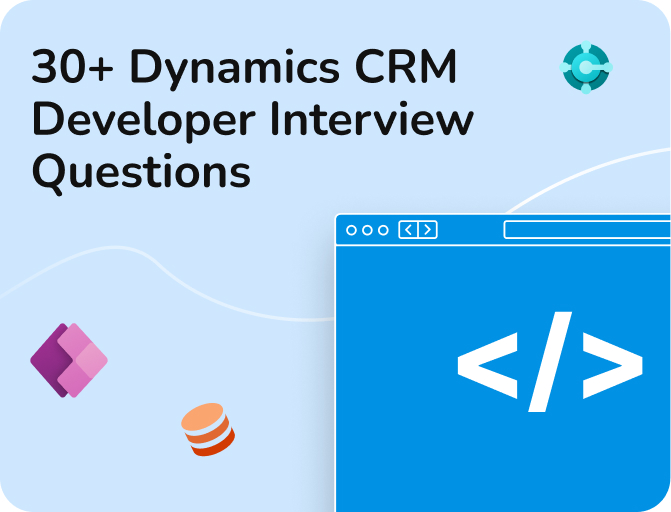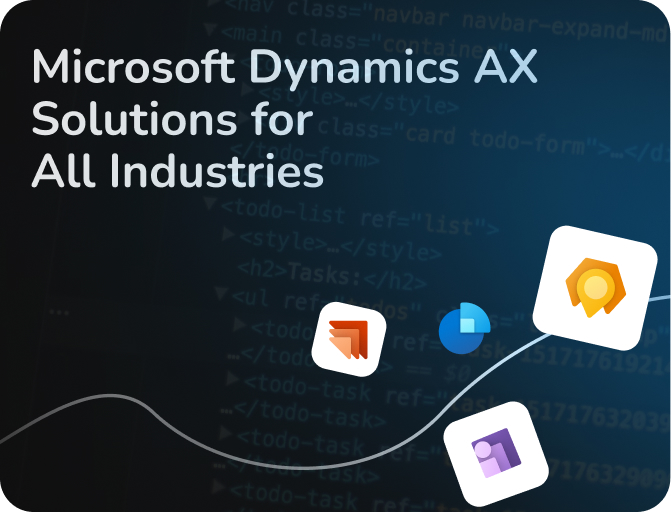- Services
- ConsultantsMODULESLegacy Support
- Industries
- Locations
WESTERN & NORTHERN EUROPE
EASTERN & CENTRAL EUROPE
- Our Company
 About Us
About UsLearn more about our HireDynamicsDevelopers portal and the team behind it.
Case StudiesRead successful stories from our clients across various industries.
ServicesFind the right service according to your specific business needs.

- Services
- ConsultantsMODULESLegacy Support
- Industries
- Locations
WESTERN & NORTHERN EUROPE
EASTERN & CENTRAL EUROPE
- Our Company
 About Us
About UsLearn more about our HireDynamicsDevelopers portal and the team behind it.
Case StudiesRead successful stories from our clients across various industries.
ServicesFind the right service according to your specific business needs.

Microsoft Dynamics NAV Integration
Updated: May 15th, 2025 by Ivan Farafonov
Microsoft Dynamics NAV integration provides a strong solution for businesses wishing to improve functionality throughout their working environment. Companies that implement the system with other business tools can gain a comprehensive perspective of their operations, upgrade data accuracy, and boost productivity. Whether you want to connect financial data, customer information, or supply chain details, our services provide the tools and experience you need to create a convenient business management environment. Get in touch with us to select the best options for you and start your project with an experienced specialist. Don’t hesitate to bring your business to the next level with our Microsoft Dynamics NAV ERP system integration!
Briefly about Microsoft Dynamics NAV Implementation
MS Dynamics Navision is an Enterprise Resource Planning (ERP) software that forms the large Microsoft D365 suite. The program helps businesses of all sizes manage their back-end operations. Dynamics NAV has been replaced by Dynamics 365 Business Central. NAV subsists in the Business Central module, and it is available as both a cloud solution and an on-premise solution.
Top 5 Benefits of Navision Implementation
Our setup allows your business to automatically synchronize data between the existing ERP and other supplemental systems. You simply lay out pre-defined rules on data sharing depending on your operational needs, and you are good to go.
Some of the NAV integration benefits include:

Saves Time
The Dynamics NAV integration solution eliminates redundant tasks, like manual data entry. Once data is entered at a single point of contact, it is automatically synchronized and made available to all the users plugged into the entire system, depending on their security clearance. This automatically saves you and your D365 development team time, as it eliminates the need for manual data entry in multiple systems.
Improves the Efficiency of Your Processes
No matter how you look at it, process efficiency or lack of it invariably impacts your company’s profitability, both directly and indirectly. With Navision implementation, you can improve your efficiency by generating real-time data.
Better Data Visibility
Making critical decisions like when to move your inventory from one location to another, markdown your products, and how to market to various demographics heavily relies on setup. It not only gives you a unified platform to manage customer’s data but also access to relevant information.
Meets Customer Demands
All enterprises have to ensure that they’re meeting ever-changing customer demands and behaviors. Clients want better customer care, faster shipping turnaround time, real-time product availability status, low shipping costs, and so much more.
With Microsoft Dynamics NAV integration, merchants would be able to offer this experience to their customers.
Consistent Data
Another critical benefit is that it eliminates human mistakes like incorrect spelling and typos, ensuring that your system is populated with quality data. And in case of mistakes at the first touch-point, the mistake can be rectified and automatically synchronized with the entire system.
Hire integration experts to implement all Business Central features in your workflows!
Problems Solved with Navision to Business Central System Integration
As a business owner, it is important to critically evaluate whether or not your ERP system is ready for service. As earlier indicated, Dynamics CRM NAV integration does not come cheap, and you want to be certain that the project is viable before diving in.
Here are the top three signs that you need Microsoft Dynamics 365 integration services for NAV:
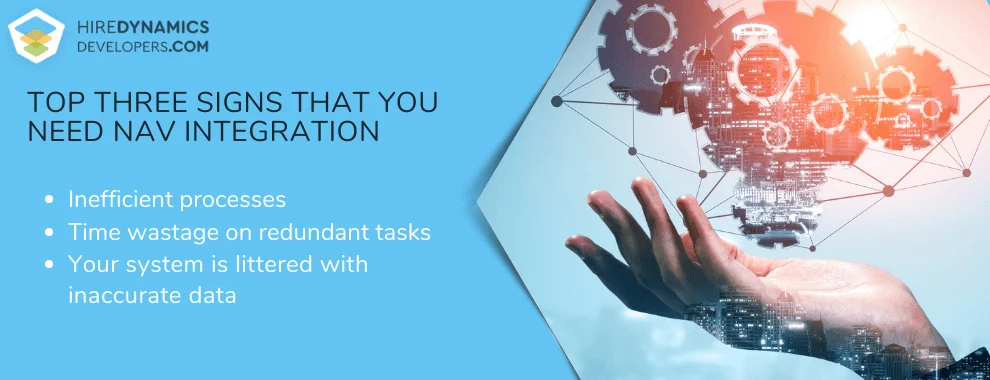
Inefficient Processes
Disjointed systems create bottlenecks and inefficiencies in your business processes. If it takes an eternity to get new products to the market and update inventory counts, it may be hard to keep up with the competition.
Time Wastage on Redundant Tasks
Without service, companies mainly rely on manual data entry, which can heavily impact a company’s bottom line. If you are running a business that retains dedicated data-entry teams or individuals, it’s probably the right time to automate. All the hours spent manually moving the data could be better spent dealing with other core business areas.
Your System is Littered with Inaccurate Data
The biggest problem of manual data entry is that it is more prone to human errors. A single typo mistake in your system can offset your data, leading to disastrous results such as wrong inventory counts, incompatible product information, and wrong delivery addresses for online customers. If you are dealing with similar issues daily, you should automate your system.
Factors to Consider Before Microsoft NAV Integration
Now that you have seen the benefits of implementing, let’s talk about the factors to consider before you begin the process.
Budget
One of the critical aspects is the budget. When managed inappropriately, the cost of Microsoft Dynamics NAV online store integration services can escalate quickly, so it is important to ensure that you have a general idea of the cost of web services as well as a reserve budget in case there are budget overruns.
Assessment
Before starting the process, conducting a thorough assessment of your existing technological infrastructure is essential. This step involves evaluating your current systems, software, and hardware to understand their capabilities and limitations. Recognizing the state of your technological assets helps identify what needs to be upgraded, replaced, or maintained to ensure compatibility with the new ERP system. It’s an important consideration for ensuring a smooth transition and maximizing the benefits of the new system.
Team
If you are looking for a customized solution, your partner should not only have the proper tools but also understand your business requirements. This allows them to solve a wider range of problems instead of simply writing discrete lines of code.
Some of Our ERP Experts
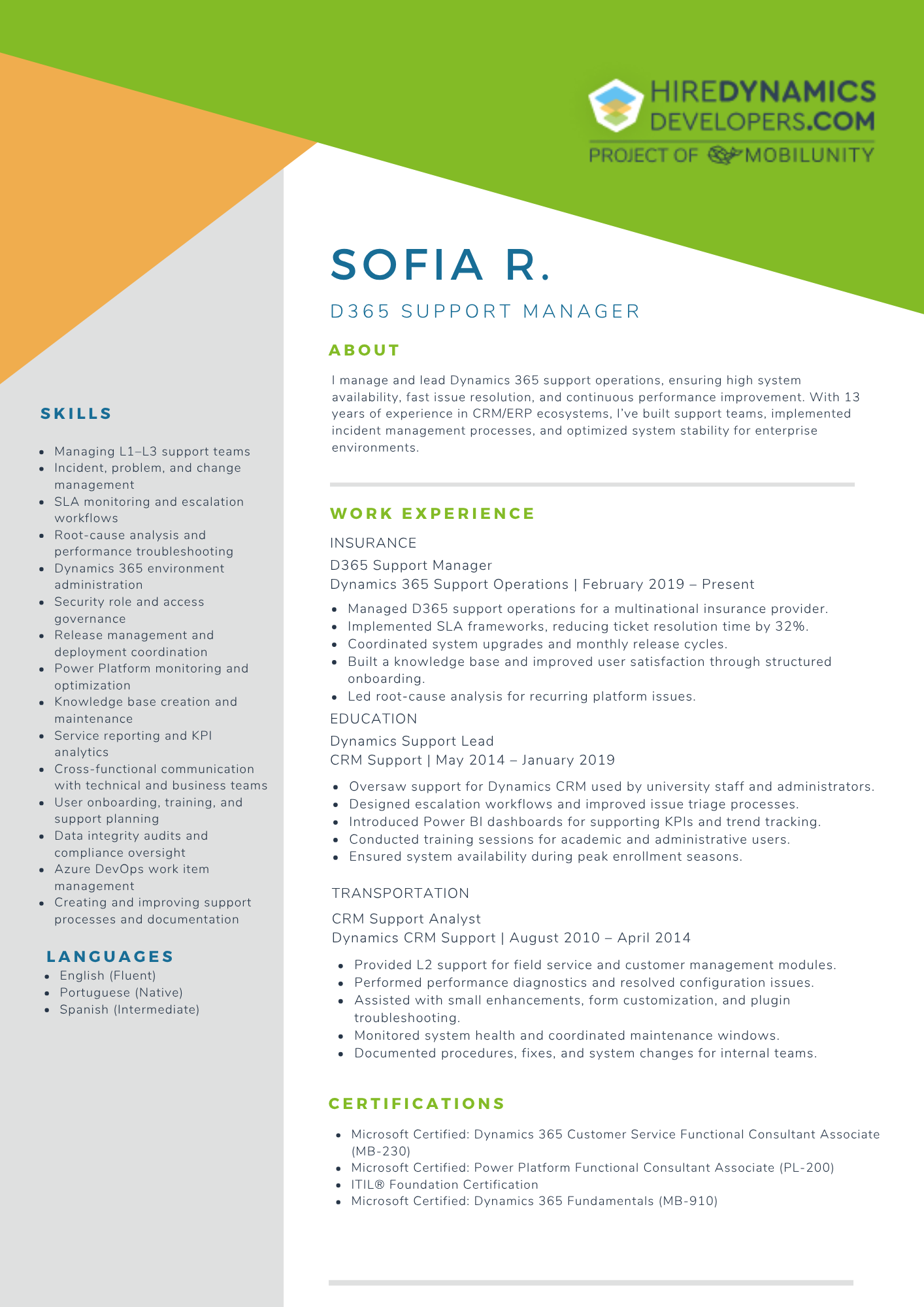
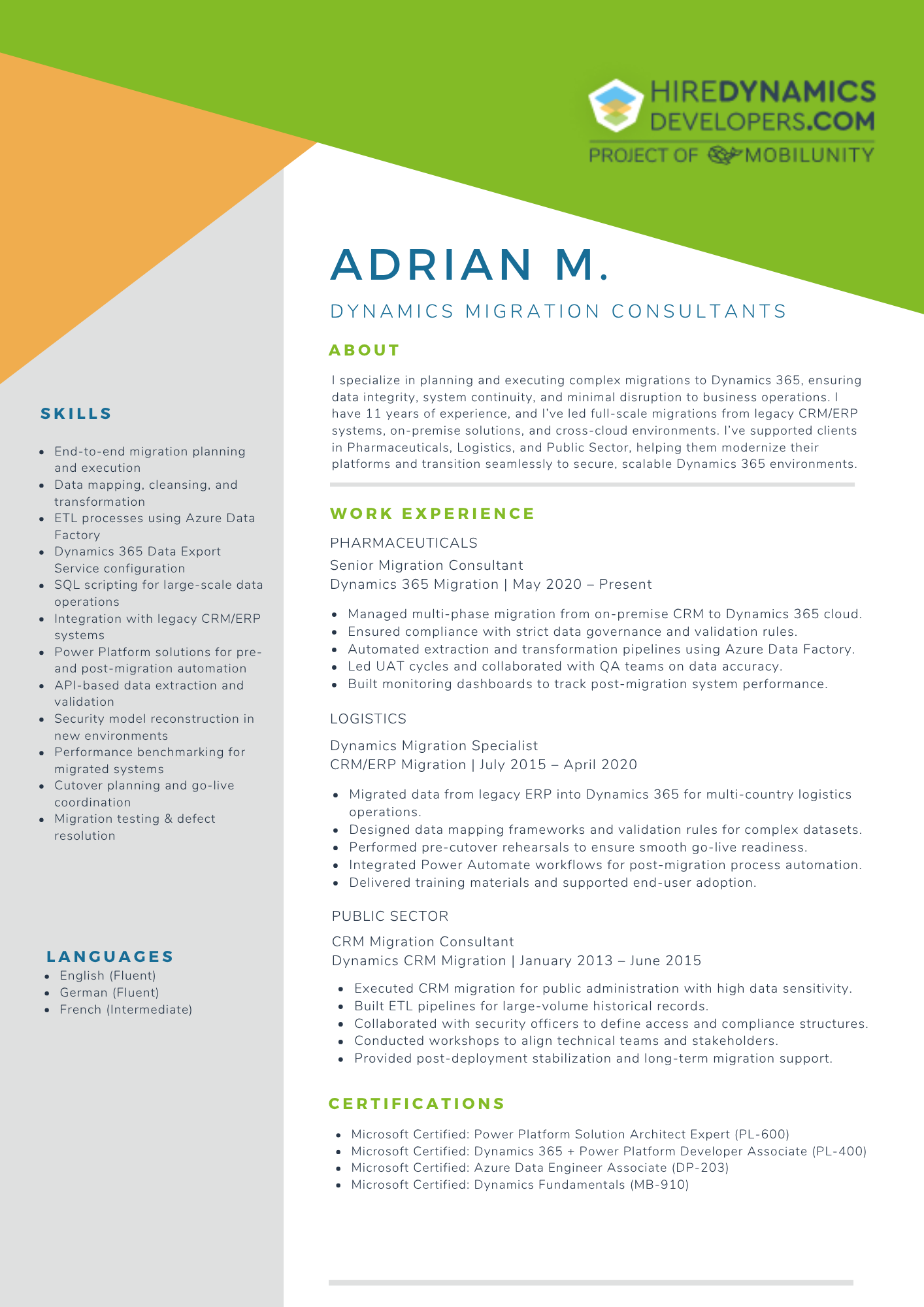
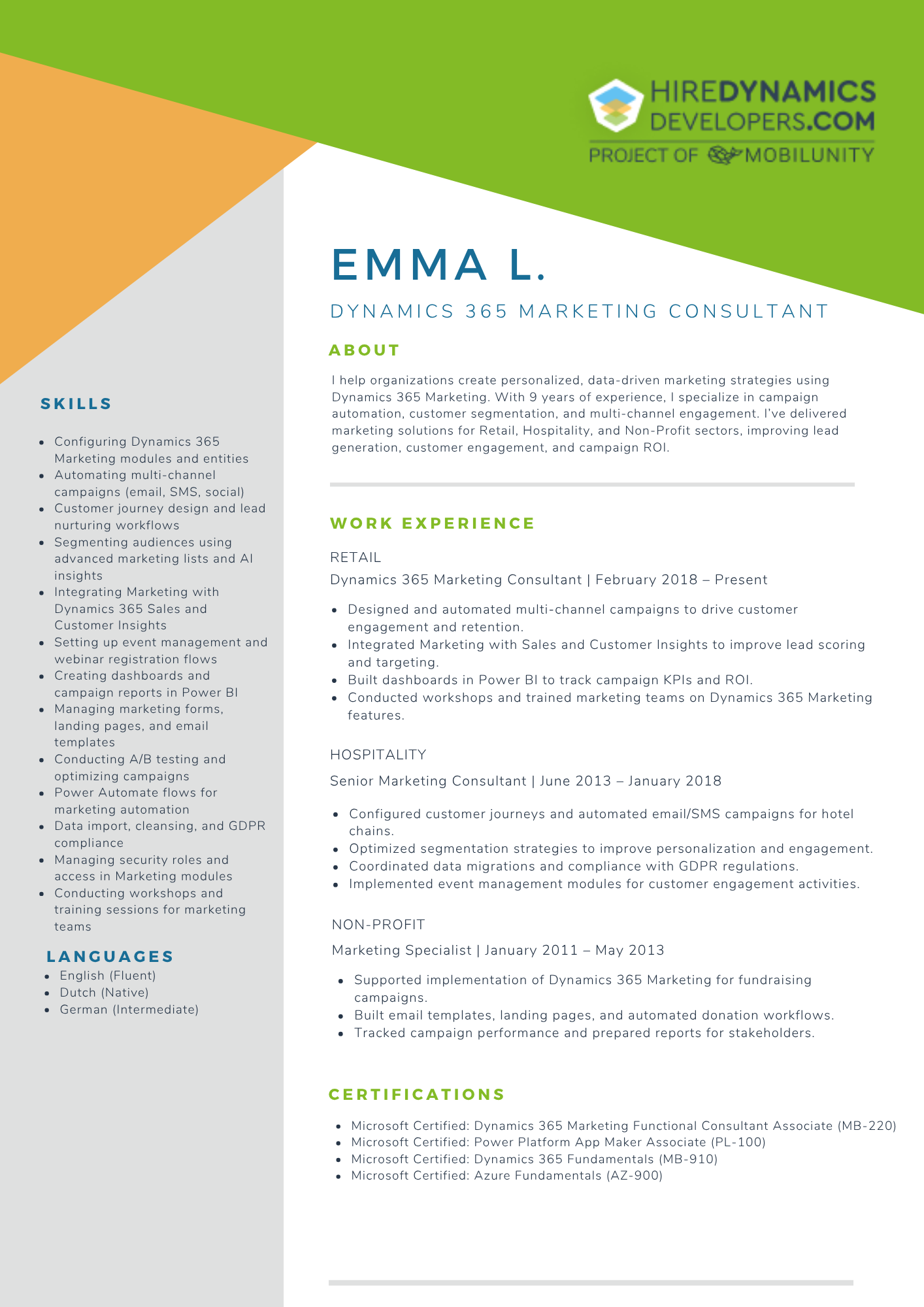
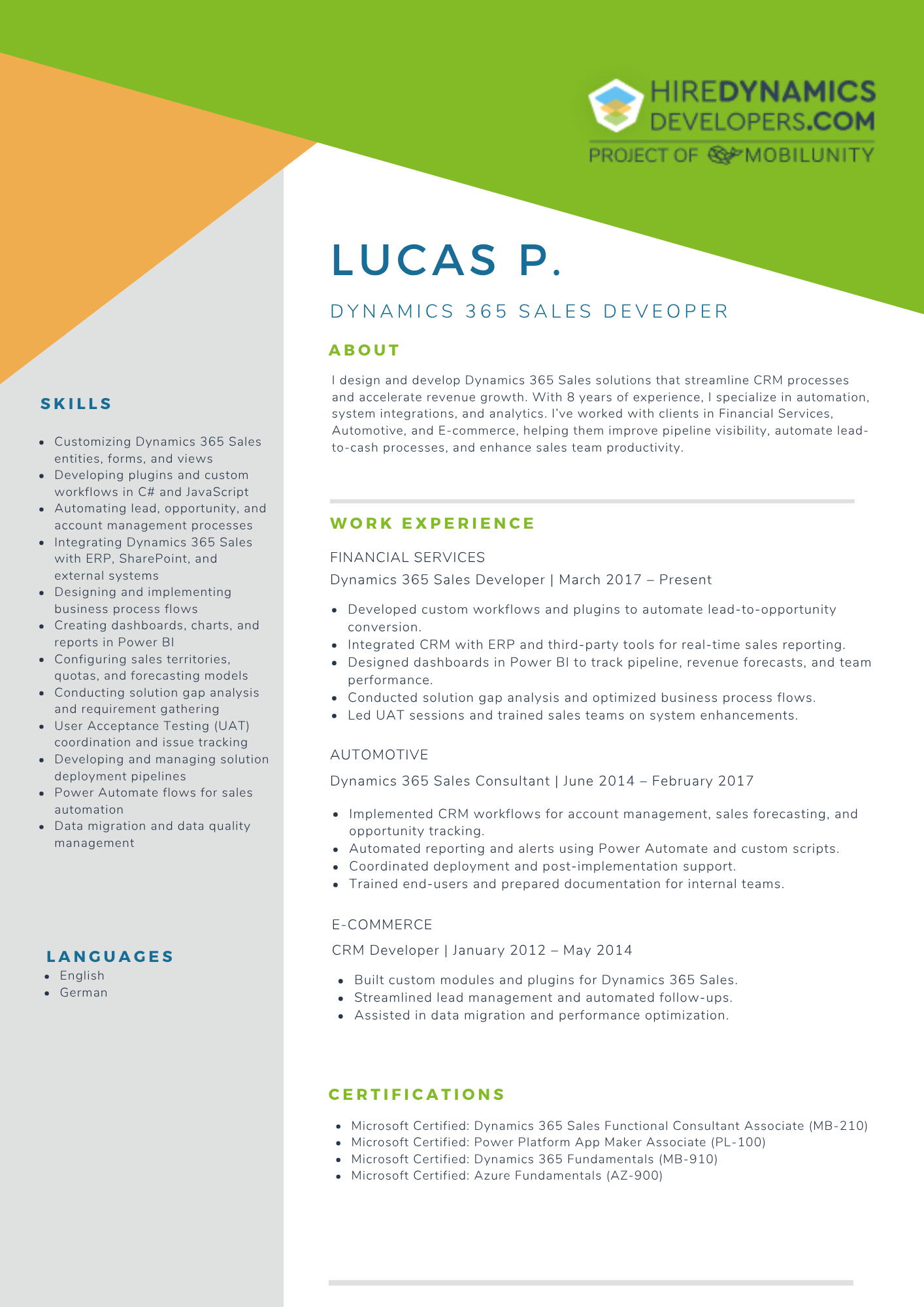
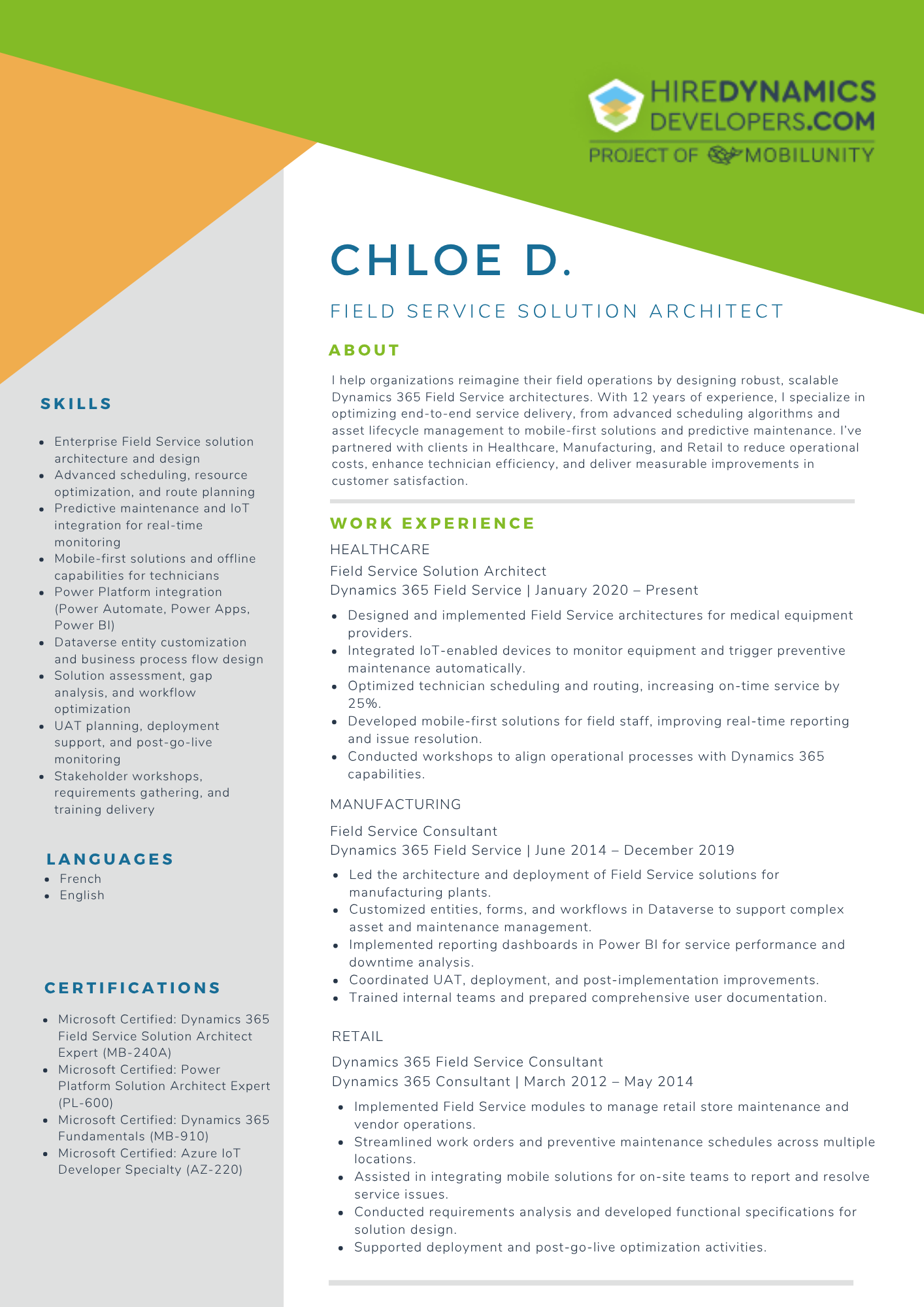
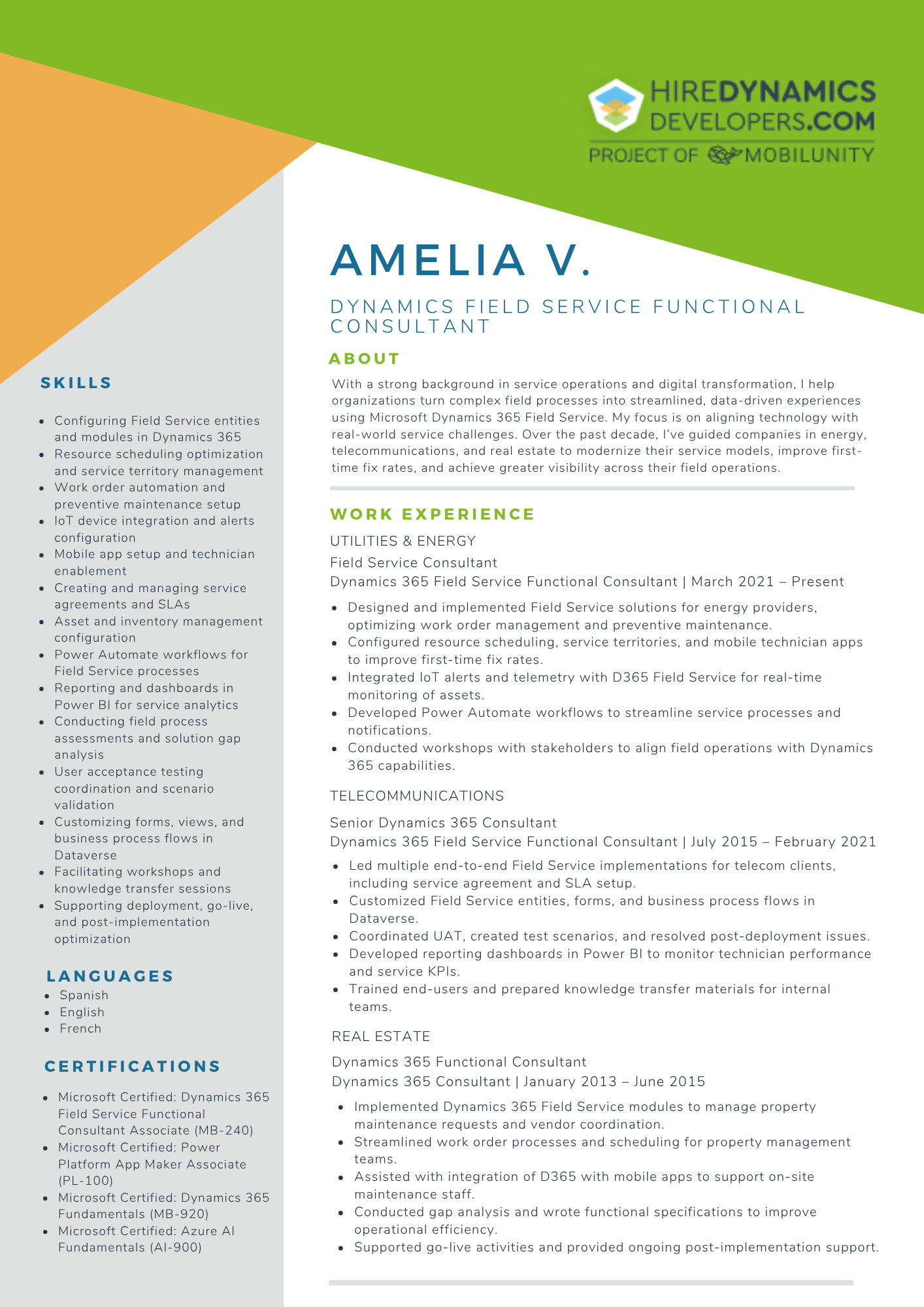
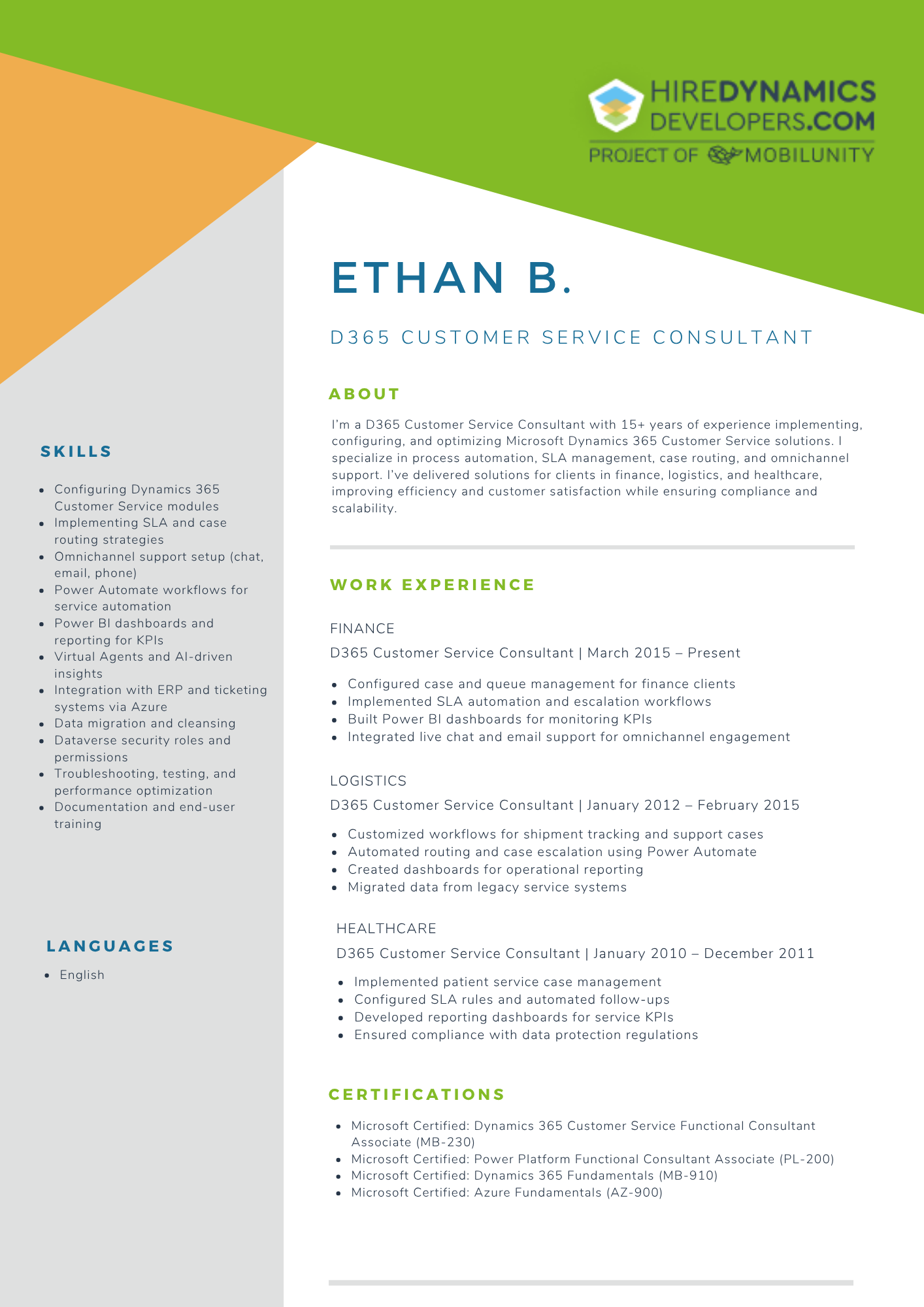
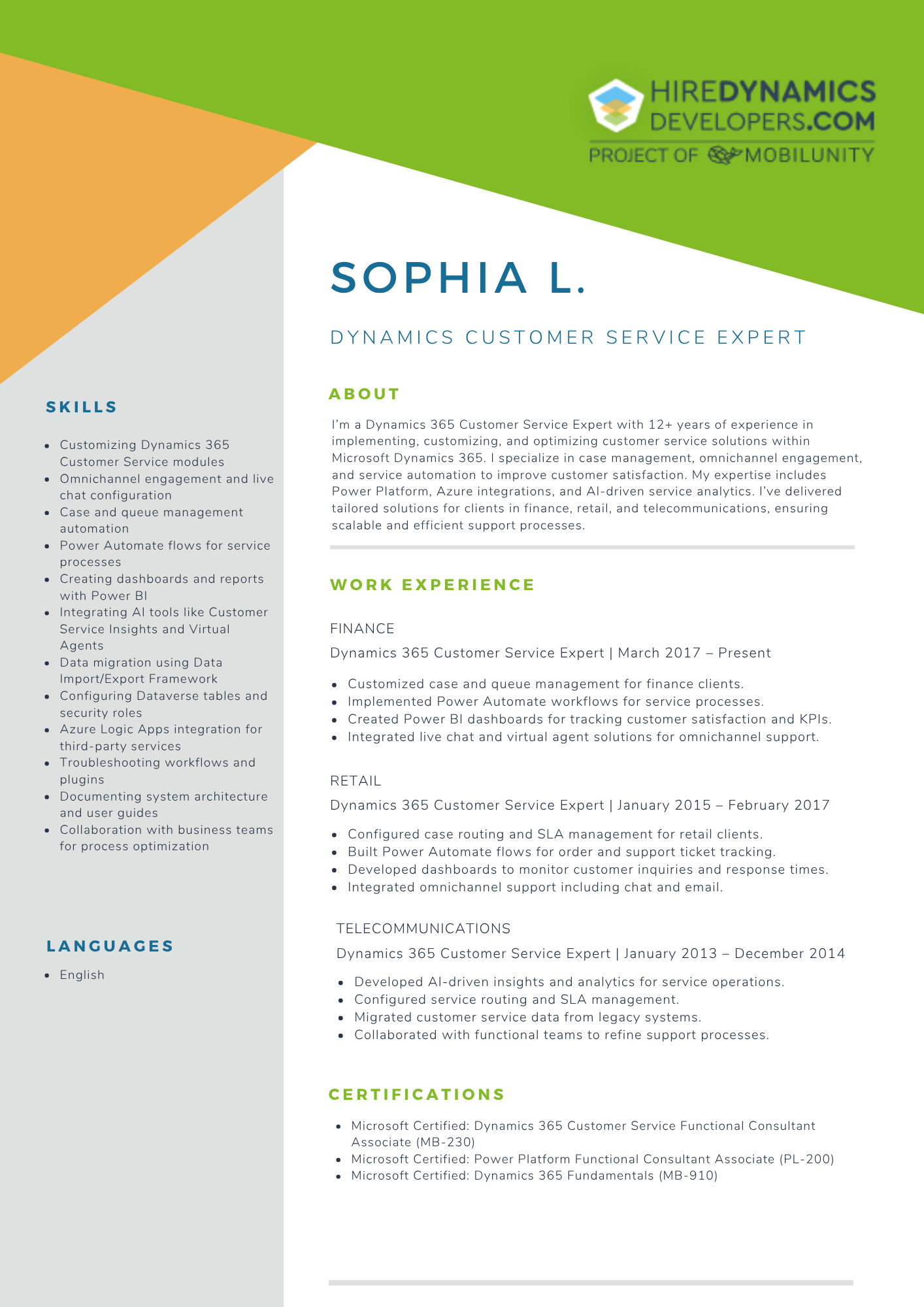
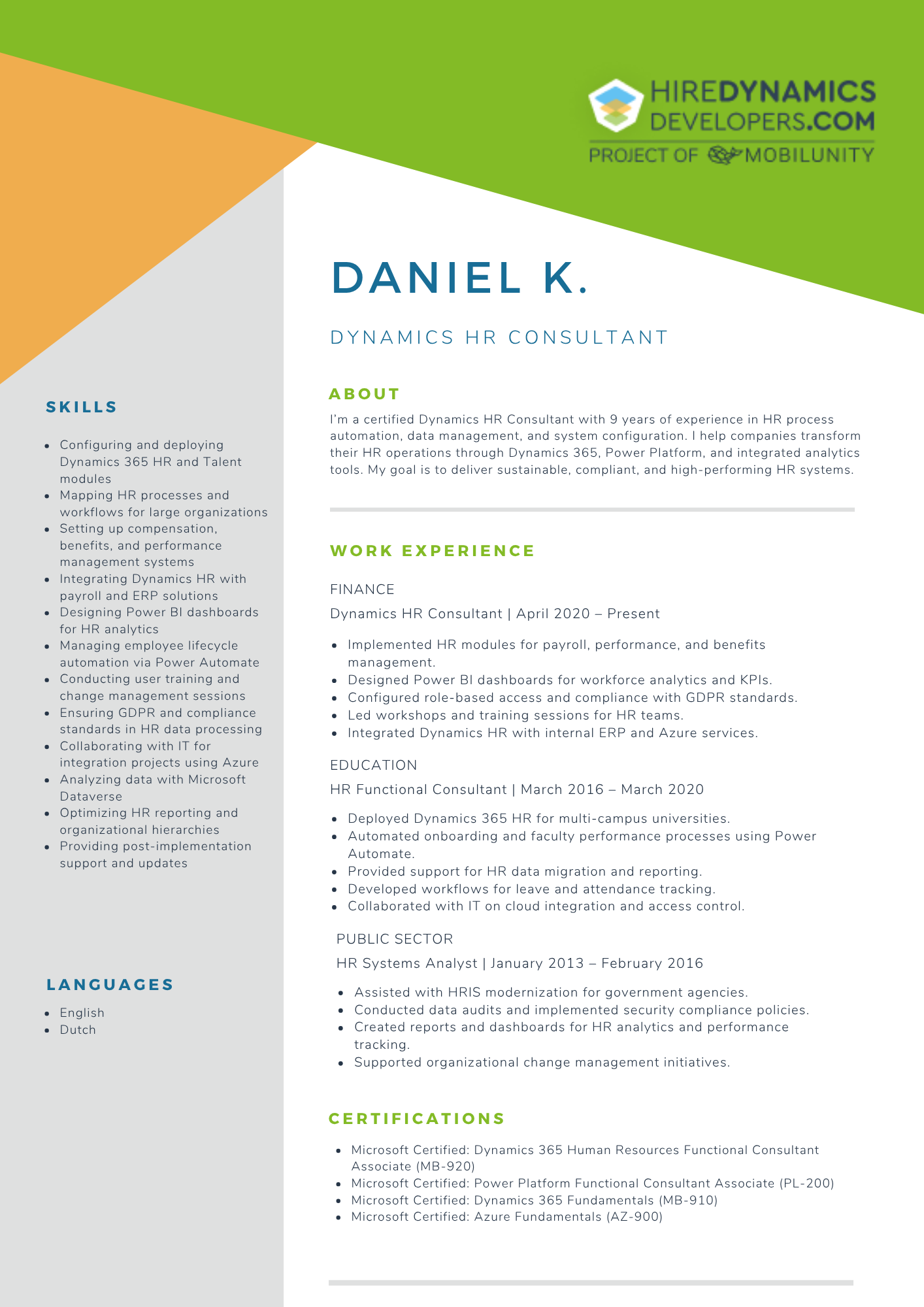
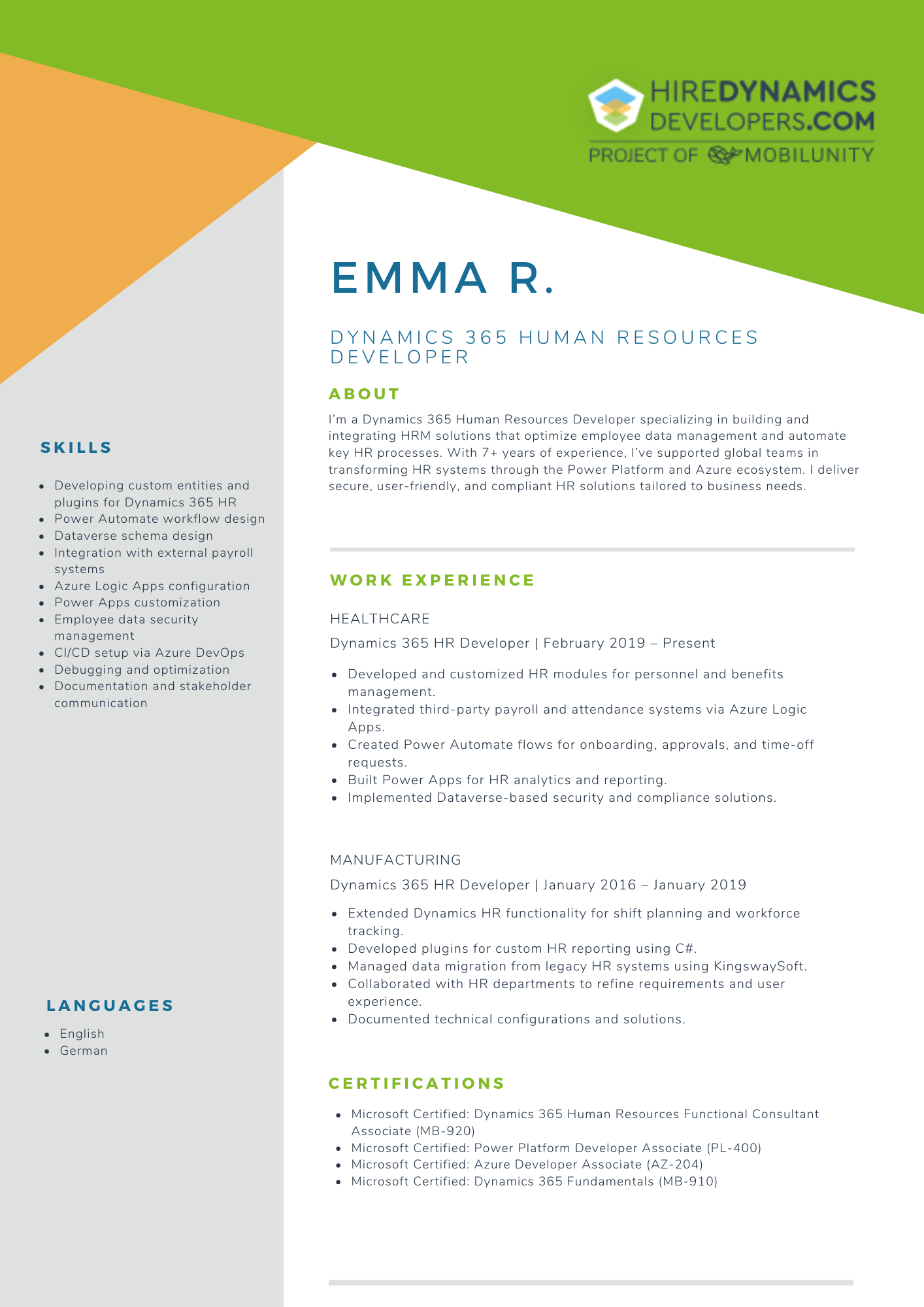

Microsoft Microsoft Dynamics NAV ERP System Integration Options
There are two major approaches:
Custom
Third-Party
For businesses that don’t have in-house development teams and resources, using a third-party provider is a good bet. These third-party solutions are cloud-based and come with built-in connectors for data synchronization between different systems. The biggest advantage of working with third-party integrators is that they have more technical knowledge as a result of working on multiple projects. Along with that, they manage and set up the system for you, which can save you a lot in the long run. Given all these benefits, most companies use this Navision integration approach.
Find a Talented Navision Integration Developer for Microsoft Dynamics NAV Integration
Committing resources to the Navision service represents a significant investment, yet the cost of foregoing this customization can far exceed the initial outlay over time. However, the benefits extend well beyond immediate operational enhancements. It’s an investment in the future, setting the stage for sustainable growth and innovation within your organization. From gaining business intelligence in real-time to automating and streamlining all your business processes, investing in this solution is integral to the success of your company.
If your company is looking for Dynamics 365 Business Central developers, we can help boost your ERP to new heights. We are the leading experts in configuring, deploying, and solutions for all industries.
How It Works
Finding a NAV specialist for your integration requirements is critical to a smooth and successful installation. We ensure that you are matched with the best people, suited to your exact needs. We prioritize your requirements, meticulously assessing applicants, and providing effective integration within a short timeline. Here’s how we get it done:
Arrange a Discussion
We start by scheduling a comprehensive conversation to delve deeper into your precise requirements. This helps us understand the scope of your project, the skills needed, and your expectations.
Formulate the Ideal Profile
Based on our discussion, we create a detailed profile of the perfect Microsoft Navision developer. It includes technical skills, experience level, and interpersonal qualities.
Search and Identify Candidates
We go on a journey to discover qualified applicants across several platforms. We use our wide network, industry connections, and specialized job portals to find possible matches.
Rigorous Screening Process
After compiling a list of potential candidates, we conduct a rigorous screening process. This involves evaluating their technical skills, problem-solving abilities, and communication skills through tests and interviews. Moreover, we may conduct a technical interview for an additional fee.
Your Approval
We present you with the top candidates for your final approval. You get to interact with them to ensure they fit well with your team and project needs. Then, we ensure smooth and direct communication between all parties involved to facilitate a smooth start.
Need help with NAV Business Central integration?
Contact us to hire your reliable expert!
Outline
Javier H.
10 Hours / Week
Gustavo M.
10 Hours / Week
Adrian M.
40 Hours / Week
Request Our Services
Contact Us to Learn More about How We Can Help You with Microsoft Dynamics NAV Integration!
Your Partner Recognized in Dynamics Community








